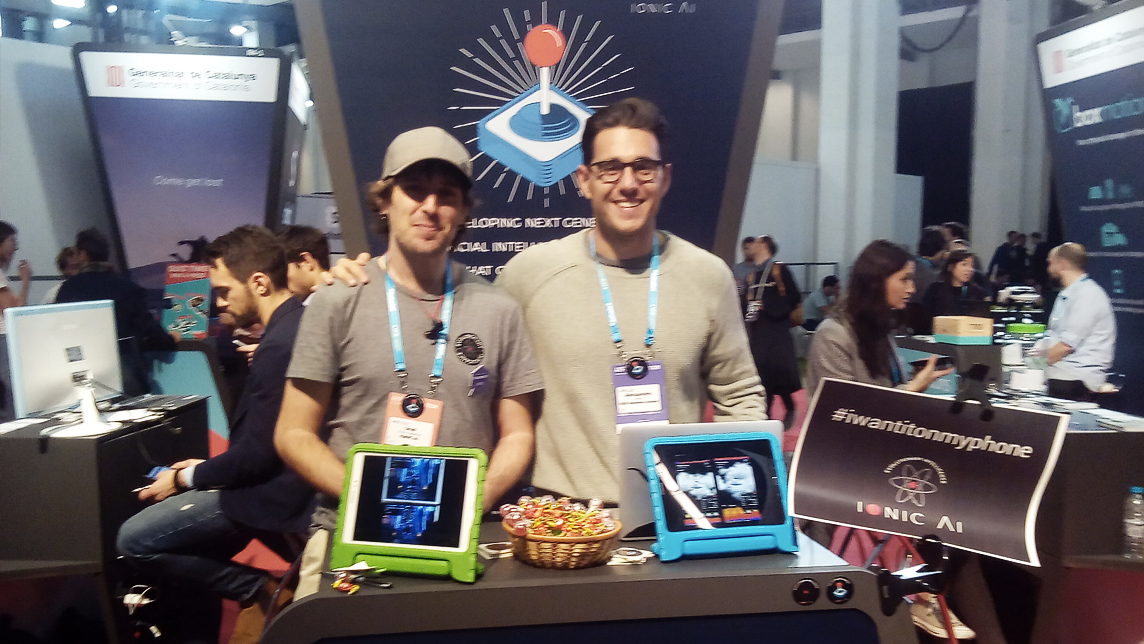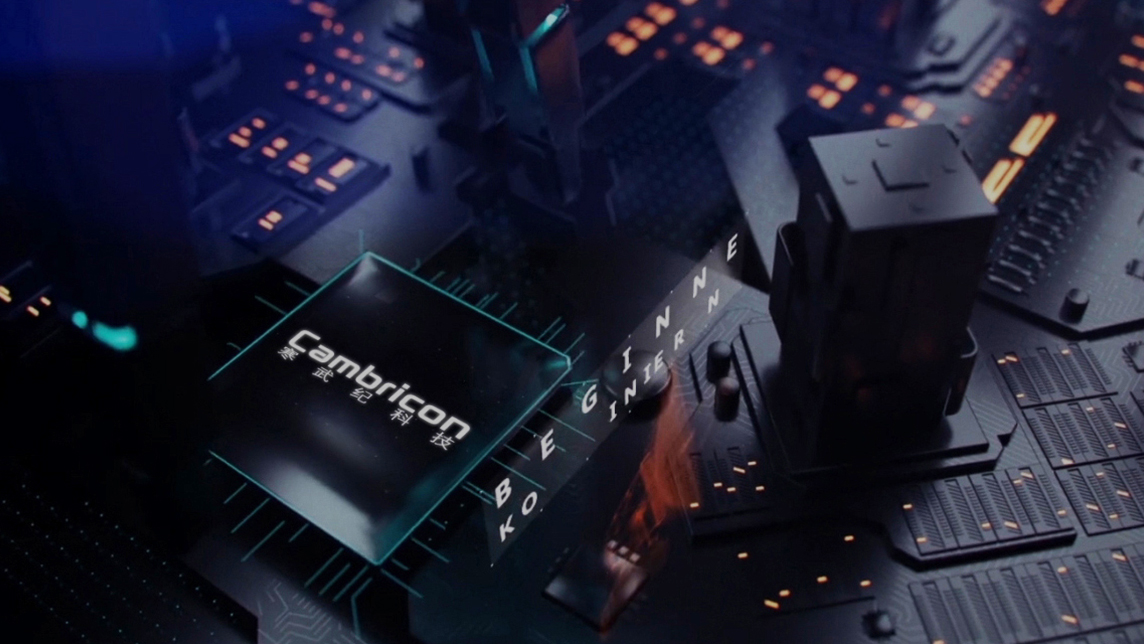It’s time for a shift to a model where computers increasingly adapt to people’s needs and desires. Founded in Barcelona in 2016, IONIC AI is creating the next generation of intelligent mobile phones that are self-aware and can adapt to the needs of their human owners in real time, without any user intervention.
“We're able to give total fluidity to the phone, higher adaptability to changes and fluid multitasking; using only one-third of the phone's CPU and reducing the mobile's temperature,” IONIC AI's co-founder Unai Ruiz-Capillas told CompassList at 4YFN this year. "Our tests have confirmed that two-year-old phones using our technology can outperform new phones."
There's also a market of 3bn users who cannot afford a phone costing more than US$50. IONIC AI's technology can be used to upgrade these cheaper mobiles. Ruiz-Capillas said: “We're talking to companies that develop the open mobile KaiOS that's based on Linux and owned by US-based company KaiOS Technologies. KaiOS is usually used for cheaper mobiles, on top of Samsung or Huawei.
Our target market is phones priced at US$50–70, such as 'feature phones' without a touch screen. The touch screen increases the phone price a lot.”
The mobile-enhancing technology was originally developed by software specialistCarlos Kik Lloret. The results so impressed Ruiz-Capillas, a computer systems engineer by training, that he decided to co-found IONIC AI with Kik as co-CEOs (Kik is also the company's CTO). The founding team was joined by Anna Klevtsova, a partner at Klev & Vera law firm.
Zest to mobiles, gaming
IONIC AI's proprietary technology can improve battery performance by 10–55% combined with a 95–97% average fluidity. Its IDTCM predictive algorithm anticipates load spikes in critical threads to benefit the user by saving battery life. A thread or light process is the minimum computing unit, a very small sequence of chained tasks that can be executed by an operating system.
Once IONIC AI has identified what's important in a specific model and established how it interacts using AI and algorithms as patterns, an EAI is created. The EAI is a type of ML application that uses planning scheduling optimization to facilitate data flow between applications, systems, databases and the internet.
Using Android as an example, Ruiz–Capillas explained: “Android has 15 layers of programming. Most developers work in the top or middle layers. However, IONIC AI works in the Linux kernel layer, the deepest one. Therefore, everything programmed above it does not affect our technology. The mobile phone performs equally well, whether the user handles a game or an app.”
The improved performance applies to any type of app or functionality, but the benefits of IONIC AI's tech are most evident in gaming. An IONIC AI-equipped mobile won't "hang" and the gamer can play longer. “The kernel’s performance is smooth like magic. The user experience is more pleasurable multimedia, powerful gaming and smooth daily use,” he added.
The global gaming market is huge, especially in China, where users play on mobiles and don't use consoles. Mobile gaming alone comprises half of the global gaming market, and is worth US$68.5bn this year, says gaming and eSports analytics firm Newzoo.
“That’s why we market it as software that enables a phone to play for longer without overheating or which makes a €200 phone work like a €400 model,” Ruiz–Capillas said.
IONIC AI can also be used to help data centers cut energy consumption by 10%. The technology will be unaffected by the chip industry's need for silicon alternatives due to the high costs of making even smaller chips. Graphene is a possibility but it's not yet feasible for large-scale commercial use.
The Cambricon model
IONIC AI designs its technology and licenses it to B2B clients. The startup has no plans to manufacture, preferring instead to join forces with other companies. It sells to both software and hardware markets. The software is acquired by mobile phone manufacturers, while the hardware is for the mobile chip producers. “And big players like Samsung or Huawei are both,” added Ruiz-Capillas.
Although the team has their strength in software development experience, their best results lie in hardware. “It took us five years to develop the software,” Ruiz–Capillas said. Achieving a fully functional MVP was a great milestone for the company.
“Now we're developing and moving the software algorithms to hardware. There are things we can do at a hardware level that can't be done at a software level. If the hardware is better, it's possible to offer much more productivity with much fewer resources.” Hardware is also safer and easier to license, he added.
Financing is one of the biggest challenges facing IONIC AI. Hardware companies require larger financing quantums and longer development terms. Huge investment is also needed to patent and protect its technology. The startup had over 90,000 users when their lawyers warned them that patenting had to be the first step.
"This is why despite having spoken with all the big companies which have shown interest, we're not yet on the market," said Ruiz-Capillas. “Our technology is very difficult to develop, but very easy to copy. So, we're not only talking about the money needed for software or patent registration, but also about the extra money required to defend it.”
There are other companies making similar chips for other uses. “Cambricon Technologies, for example, is a Chinese startup that designed a very good ML-recognition chip. After a seed round of about US$2m, it signed an exclusive license with Huawei, worth US$13m, to be on the market in six months. Two months later, the company raised US$100m with a US$1bn valuation. And that's not the only case,” he noted.
“With the right partner willing to invest, we could also have a mobile with our technology in the market in six months.”










